Nasdaq Futures: What Every Trader Needs to Know
What You Need to Know to Succeed in NASDAQ Futures Trading

If you’re keen on trading, understanding Nasdaq futures can be a game-changer, no matter your experience level. These futures play a crucial role in the financial landscape and are highly accessible, making them essential for traders across the spectrum.
With Nasdaq futures, you tap directly into the tech-heavy Nasdaq stock exchange, a pivotal arena for those focused on innovation-driven sectors like technology and biotechnology. This means you can gain exposure to the entire market movement without having to invest in individual stocks, offering you diversification in just one trade.
There are two primary contracts you should know about: the E-Mini Nasdaq 100 and the standard Nasdaq 100. The E-Mini, due to its lower cost and high trading volume, is especially appealing to retail traders and those with smaller capital bases.
Its affordability and accessibility make it a favored choice among different types of traders. When you trade the E-Mini, you’re strategically positioned to take advantage of larger trends in tech stocks, which can significantly benefit your trading portfolio.
Liquidity is another critical factor you must consider for successful trading. The E-Mini Nasdaq 100 stands out due to its significant liquidity. With a high daily volume of contracts traded, this liquidity ensures that your transactions are smooth and minimizes slippage.
Whether you’re a day trader, hedge fund manager, or long-term investor, the liquidity of E-Mini Nasdaq 100 makes it an attractive option.
But knowing what Nasdaq futures are is only scratching the surface. You must learn to interpret the underlying data, gauge market sentiment, and understand the reasons behind major market movements.
This deeper comprehension sets the stage for more advanced trading strategies, which we’ll delve into in the following sections. By mastering these elements, you can better navigate the complexities of Nasdaq futures, ultimately leading to more informed and profitable trading decisions.
When diving into the world of Nasdaq futures, it’s crucial to understand who uses these financial instruments and why. Let’s explore various types of traders and their motivations, giving you insights into how these futures can work in your favor.
Day Traders: If you’re a day trader, Nasdaq futures, particularly the E-Mini Nasdaq 100 futures, provide the liquidity you need to capitalize on short-term price movements. The high trading volume ensures that you can enter and exit positions quickly without significant price changes, which is essential for your strategy of making multiple trades within a single day. For instance, you might spot intraday patterns and trends, trading on small price fluctuations and taking the opportunity to secure profits from minor market tilt.
Swing Traders: As a swing trader, your focus is on capturing more significant trends and you might hold positions over days or even weeks. This approach allows you to take advantage of broader market movements. By analyzing market trends and economic indicators, you can decide when to enter or exit your position. Swing trading E-Mini Nasdaq 100 futures means you’re not just chasing brief spikes but looking at the overall market sentiment for a more profound, strategic play.
Hedge Funds and Institutional Traders: Large institutional players, including hedge funds, use Nasdaq futures for hedging purposes. If you manage a tech-heavy equity portfolio, the volatility in the tech sector can be both an opportunity and a risk. By using Nasdaq futures, you can hedge against potential downturns. For example, suppose the market indicators forecast a decline in tech stocks. In that case, you can hold a short position in Nasdaq futures, balancing the losses in your equity portfolio with gains from the futures market. This strategy is about optimizing performance and minimizing risk, demonstrating that futures are not merely speculative tools but essential for robust risk management.
The Value of Liquidity: One crucial advantage of trading E-Mini Nasdaq 100 futures is their high liquidity. High trading volumes lead to narrower bid-ask spreads, meaning you get better price execution on your trades. For instance, if you’re looking to buy or sell, the robust market activity ensures you can do so at a price closer to the current market rate, reducing the cost of trading and increasing your overall profitability. High liquidity translates to more efficient trading, saving you money that would otherwise be lost to slippage.
Commitment of Traders (COT) Report: To understand market sentiment and positioning, you can use the Commitment of Traders (COT) Report. This tool offers a transparent view of how different categories of traders, such as commercial, large, and speculative traders, are positioned in the futures markets. Although the report doesn’t disclose the motivation behind trades, it provides valuable insights into market dynamics. For example, if the COT report shows a significant increase in long positions by large traders, it might signal a bullish sentiment, influencing your decision to go long on Nasdaq futures.
Imagine a scenario where the COT report indicates a high number of long positions in Nasdaq futures by speculative traders, while commercial traders are increasing their short positions. This divergence can give you a clue that speculative traders are betting on a market rise, while commercial traders might be hedging against such an increase. As a trader, interpreting this data could help you strategize, perhaps choosing to follow the speculative traders’ sentiment in the short term while remaining cautious by monitoring the commercial traders’ moves.
Heads Up: This post explores areas beyond our core passion. We discuss these topics to give you a broader understanding and enhance your investment toolkit.
Our Commitment: Smart Long-Term Growth
Our focus is on long-term investing. We seek out growth and hypergrowth opportunities, making active, informed financial decisions. Our goal is to maximize returns while smartly managing risks, steering clear of undue conservatism. Even as we cover various trading insights, our primary dedication is to long-term investment strategies that ensure robust financial futures.
For more insights on making informed investment decisions, you might find these resources helpful:
-
best stock advice websites
-
best stock news sources
-
best stock advisor subscription
-
best stock advising service
🧠 Thinking Deeper
- ☑️ Commit to continuous education about markets, economics, and investing strategies.
- ☑️ Consider passive investing strategies if you don't have the time or interest for active management.
- ☑️ Recognize that the stock market transfers wealth from the impatient to the patient.
- ☑️ Understand the crucial interplay between economics, business fundamentals, and investor psychology in driving market movements.
📚 Wealthy Wisdom
- ✨ Everyone has the brainpower to follow the stock market. If you made it through fifth-grade math, you can do it. - Peter Lynch
- ✔️ The intelligent investor is a realist who sells to optimists and buys from pessimists. - Benjamin Graham
- 🌟 The most important thing about an investment philosophy is that you have one. - David Booth
- 🚀 The single greatest edge an investor can have is a long-term orientation. - Seth Klarman

